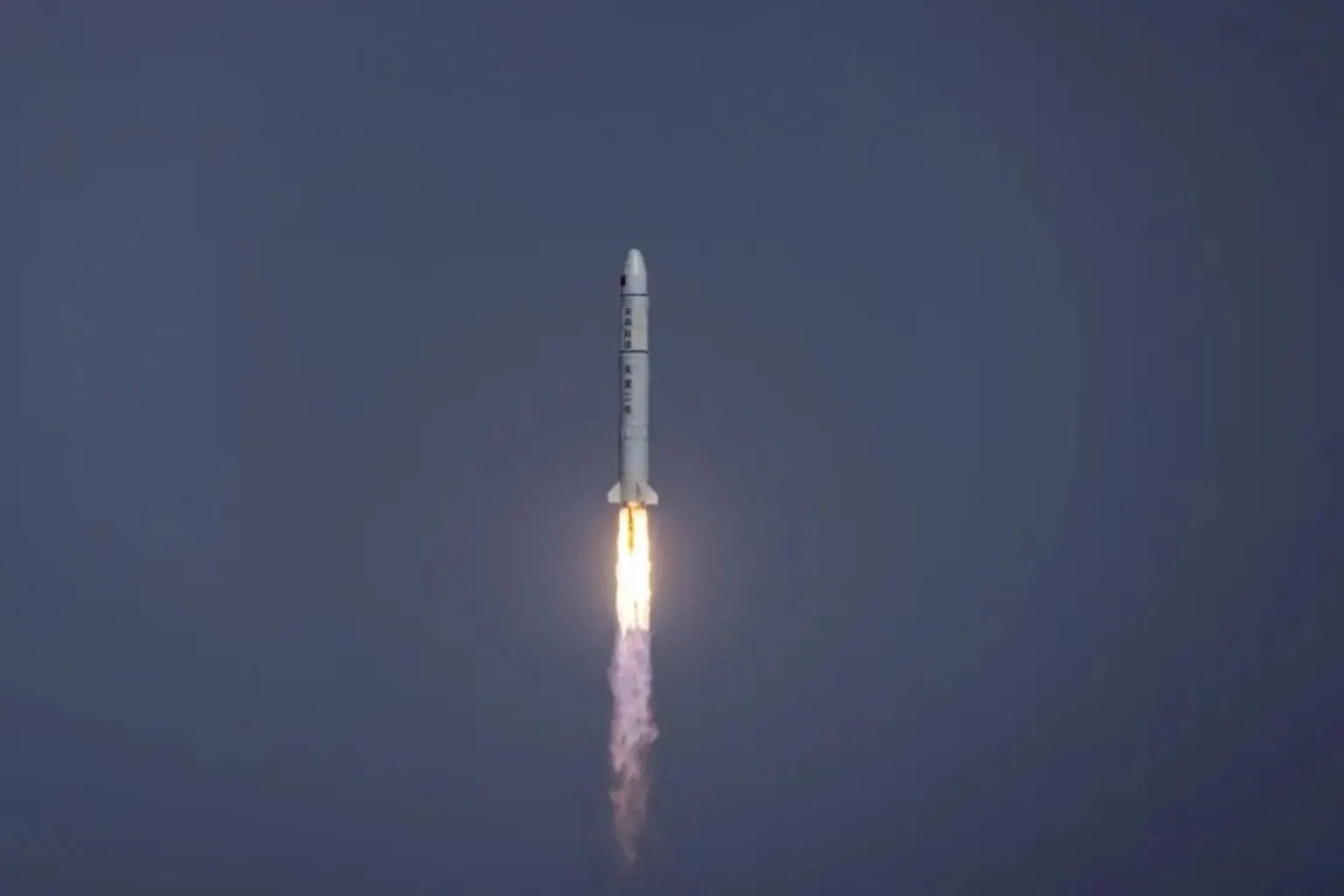The Chinese startup Space Pioneer launched the Tianlong-2 rocket into space on April 3. This is the first private carrier of this country that runs on liquid fuel and is able to successfully put a payload into orbit.

Success of a Chinese startup
The Tianlong-2 rocket successfully launched at the Jiuquan Satellite Launch Center at 4:48 a.m. Eastern, April 2. Its developer is the private Chinese company Space Pioneer. The launch has already been deemed successful.
A small experimental remote sensing satellite “Ai Taikong Kexue”, translated as “love space science” was in orbit 478 by 496 km with an inclination of 97.4 degrees. Its developer is Hunan Hangsheng Satellite Technology Co., Ltd.
The Tianlong-2 is the first Chinese private rocket powered by liquid fuel. Until now, local startups have only launched hard-fuel carriers. The Space Pioneer product has three stages and is capable of carrying 2,000 kilograms to low Earth orbit (LEO) or 1,500 kg to a 500-kilometer-altitude sun-synchronous orbit.
Each of the stages of the Tianlong-2 rocket is equipped with a YF-102 gas generator engine, which develops 85 tons of thrust. Its characteristics suggested that the company’s engineers were advised by specialists of the State Corporation CASC. In part, these engines were manufactured on a 3D printer.
Space Pioneer Startup
Space Pioneer started its work back in 2018. Since then, it has been able to receive approximately 3 billion yuan of financing from private and public investors, which is approximately equivalent to 438 million US dollars.
The company continues to receive funds from depositors. It plans to use them to develop a larger launch vehicle, the Tianlong-3. It will be a two-stage rocket that will be able to launch 60 satellites into low Earth orbit with a total weight of up to 15 tons.
A characteristic feature of the project of this medium is that its first degree will be multiple. It will make a soft landing and be reused. The first launch of the Tianlong-3 is scheduled for 2024.
Successes of Chinese startups
Space Pioneer is not the first Chinese private company that could successfully launch a rocket and put a satellite into orbit. Before it, iSpace and Galactic Energy did it. But in their case, they were small solid-state carriers, not suitable for large and complex missions.
OneSpace and Landspace are also trying to follow this path, but they are not successful. At the same time, other Chinese startups are trying to implement liquid fuel carriers. So far, none of them has succeeded, but they regularly report on the stages they have passed.
The history of Chinese private rocket engineering began in 2014. However, many point to the close connection between private and public space in China. Anyway, the successes of Chinese rocket startups are now obvious to everyone.
According to https://spacenews.com
Follow us on Twitter to get the most interesting space news in time
https://twitter.com/ust_magazine

